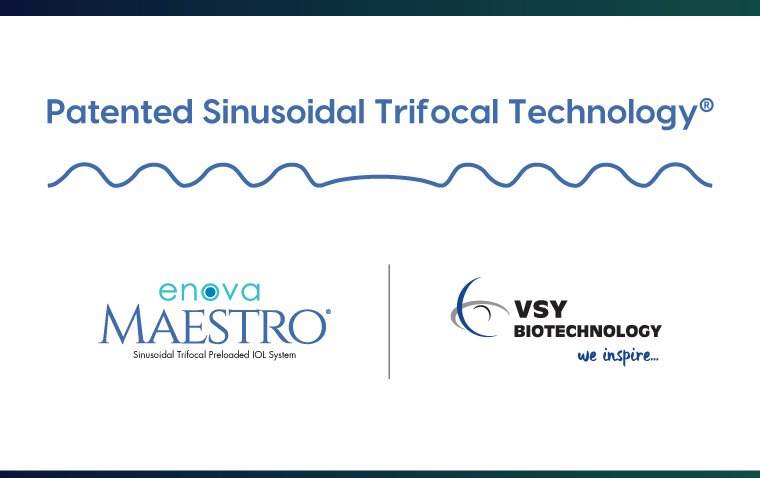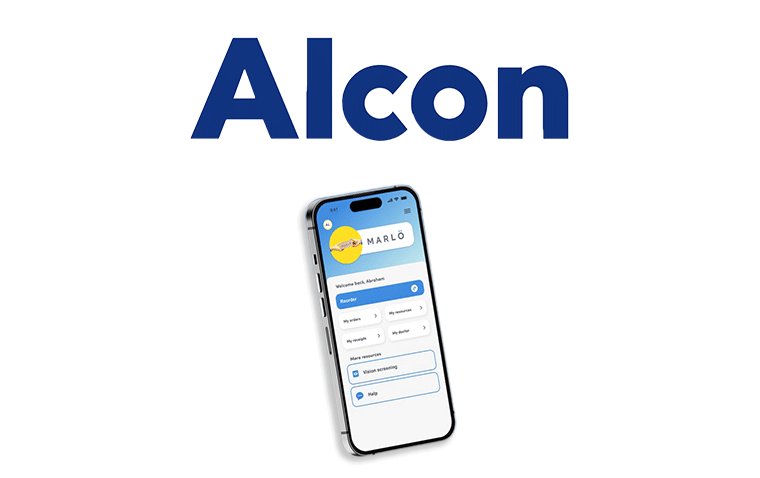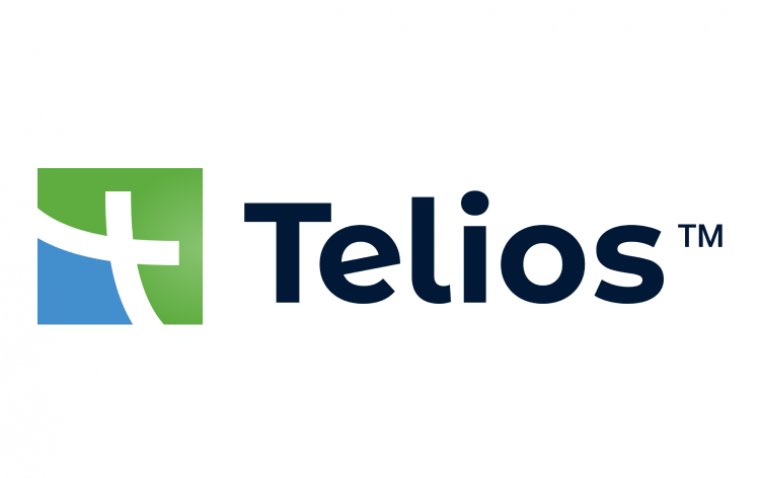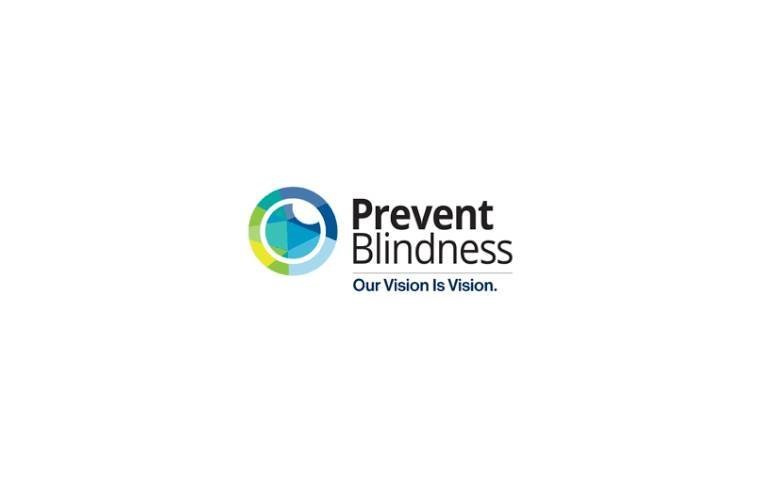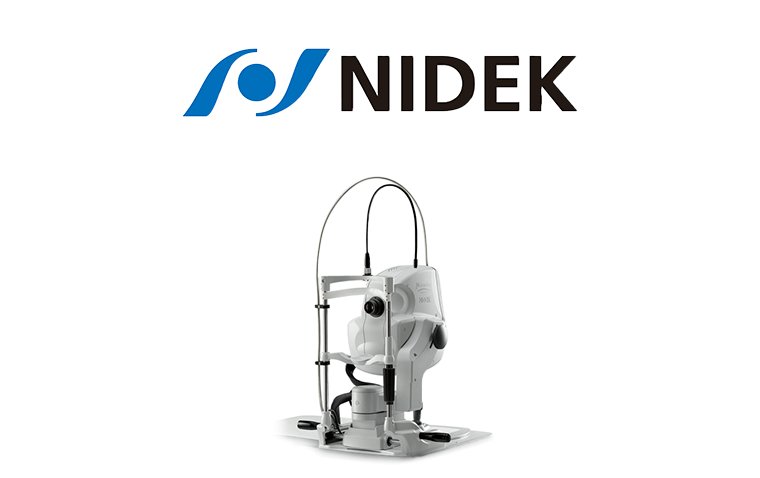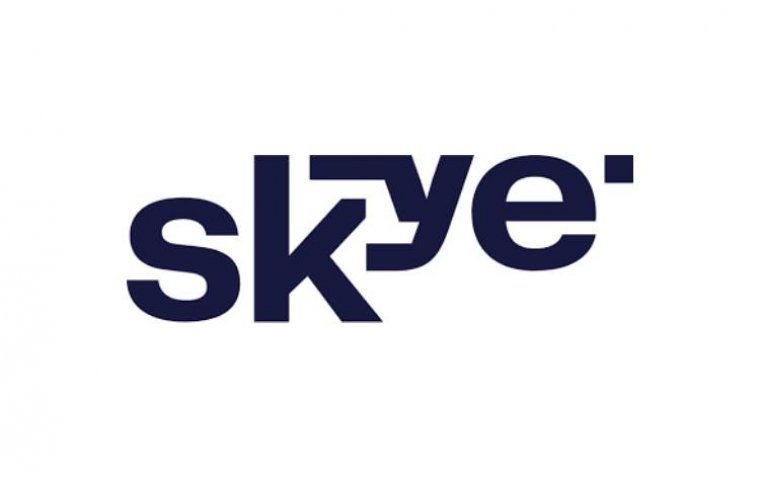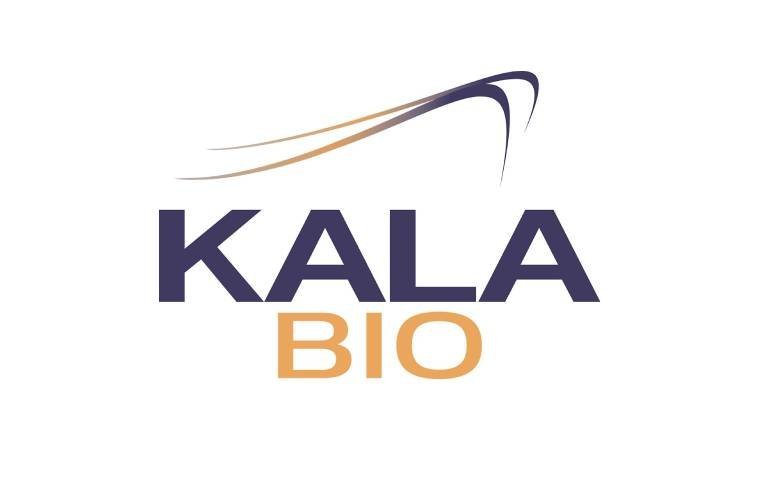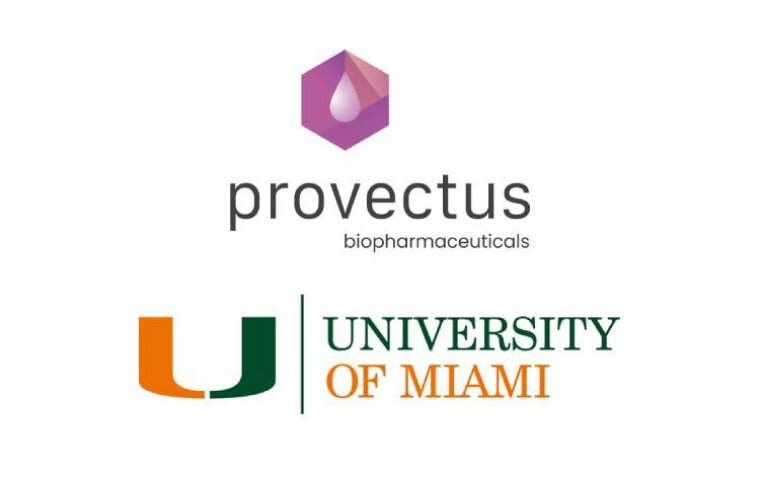
Provectus Secures Global Licensing Agreement for Eye Infection Treatment
Provectus Biopharmaceuticals, Inc. has signed an exclusive global licensing agreement with the University of Miami. This partnership aims to harness the University’s pioneering photodynamic antimicrobial therapy (PDAT) for combating bacterial, fungal, and parasitic (acanthamoeba) eye infections.
Launching a Start-Up for Advanced Eye Care Solutions
Under the agreement, Provectus plans to establish a majority-owned startup, with the University holding a minority equity share. This venture will focus on the development and commercialization of the University's PDAT medical device, paired with a formulation of Provectus's proprietary pharmaceutical-grade rose bengal sodium (RBS). Provectus will not only contribute the license to this new entity but also secure an exclusive RBS supply arrangement with it.
The Innovation Behind Rose Bengal PDAT
The genesis of rose bengal PDAT can be credited to the innovative efforts led by Jean-Marie Parel, IngETS-G, Ph.D., FARVO, Director of the Ophthalmic Biophysics Center (OBC) at the Bascom Palmer Eye Institute (BPEI) of the University of Miami Miller School of Medicine. Dr. Parel and his team have dedicated years to refining their PDAT technology with rose bengal to address both treatment-naïve and -resistant forms of keratitis.
The OBC has demonstrated the efficacy of its innovation through rigorous in vitro testing, pilot in vivo safety and clinical studies, complemented by extensive peer-reviewed publications and presentations at medical conferences. This breakthrough is also the focus of two international randomized, double-masked, clinical trials targeting acanthamoeba and fungal (NCT05110001), as well as bacterial (NCT06271772) keratitis.
Leadership Comments on the Collaboration
Dr. Parel expressed his enthusiasm about the partnership, stating, "Rose bengal PDAT is the result of a lot of hard work by cross-disciplinary contributors at the University of Miami. Seeing our team address the challenges of infectious keratitis in such an innovative way is very rewarding. We look forward to working with Provectus to deliver this groundbreaking treatment to patients worldwide."
Adding to the excitement, Guillermo Amescua, M.D., Professor of Clinical Ophthalmology, Medical Director of the Ocular Microbiology Laboratory, and board-certified ophthalmologist at BPEI, emphasized the global need for the OBC’s innovation, particularly as infectious keratitis remains a leading cause of corneal blindness across both resourced and under-resourced nations.
Ed Pershing, Chairman of Provectus’s Board of Directors, remarked on the collaboration's significance, "We are pleased to continue the Company’s collaboration with Dr. Parel, Dr. Amescua, and the OBC team, and to enter into this exclusive worldwide license agreement. Bascom Palmer’s more than two-decade recognition as the preeminent U.S. eye care center underscores the potential impact of this medical innovation. We look forward to working with Bascom Palmer and the OBC to reduce or eliminate the risk of blindness and impaired vision from eye infections for millions of people around the world through the promise of rose bengal sodium PDAT.”
About Acanthamoeba Keratitis
Acanthamoeba keratitis is a rare but serious eye infection caused by the Acanthamoeba parasite, primarily affecting the cornea and potentially leading to severe visual impairment or blindness if left untreated. This condition is most commonly seen in contact lens wearers, particularly those who use tap water for cleaning their lenses, swim or shower while wearing lenses, or have poor lens hygiene. The symptoms of Acanthamoeba keratitis can be initially mild, including redness, eye pain, blurred vision, and sensitivity to light, but can rapidly progress to cause severe pain and corneal ulcers.
(1).jpg)

